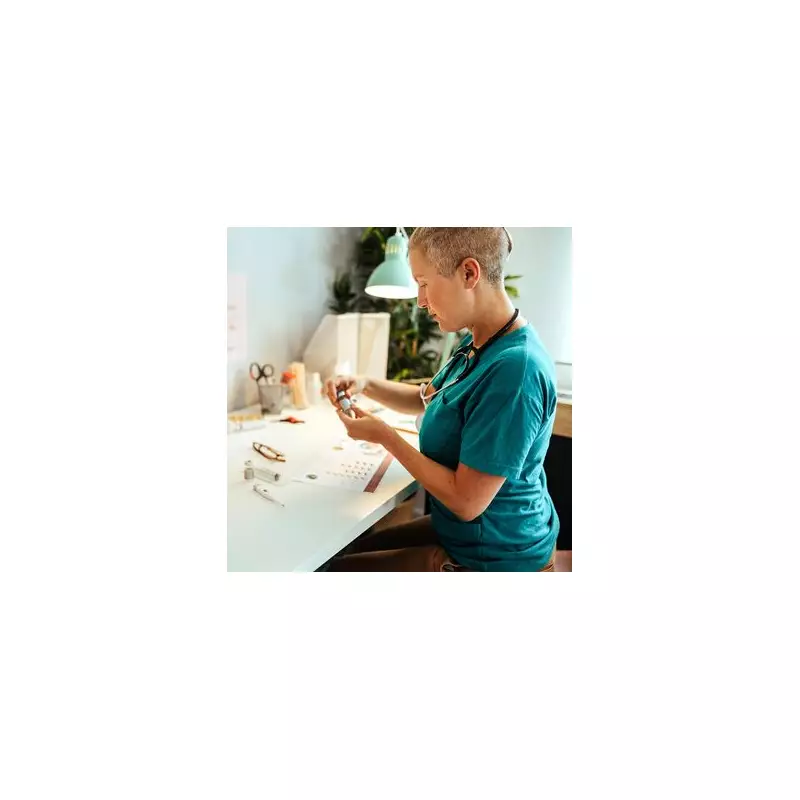
New research has sent shockwaves through Britain's pet community, revealing which dog breed displays the most unpredictable and potentially dangerous behaviour patterns. The comprehensive study analysed thousands of veterinary records and behavioural reports to identify the breed causing the most concern among experts.
The Surprising Top Contender
While many might expect traditionally 'tough' breeds like Pit Bulls or Rottweilers to top the list, the findings point to a different culprit altogether. The research indicates that certain smaller breeds can display remarkably unstable temperaments that often go unnoticed until it's too late.
What Makes a Dog 'Unstable'?
Veterinary behaviourists define an unstable dog as one exhibiting unpredictable aggression, extreme anxiety, or sudden mood shifts without clear triggers. These animals may appear perfectly normal one moment and become dangerously reactive the next, creating significant safety concerns for families.
Key Warning Signs Every Owner Should Watch For
- Unexplained aggression toward familiar people or animals
- Extreme startle responses to ordinary household noises
- Inability to settle or constant pacing
- Resource guarding that escalates quickly
- Rapid mood swings without apparent cause
The Breeding Problem
Experts suggest that irresponsible breeding practices focusing primarily on appearance rather than temperament have contributed significantly to this worrying trend. Poor socialisation during critical developmental periods can also create lifelong behavioural issues.
Protecting Your Family
Before bringing any dog into your home, thorough research about breed tendencies and individual temperament testing is crucial. Proper training, socialisation, and understanding canine body language can prevent most problematic situations from developing.
The research serves as an important reminder that any dog, regardless of size or breed reputation, requires careful consideration and responsible ownership to ensure safe and happy relationships between pets and their families.





